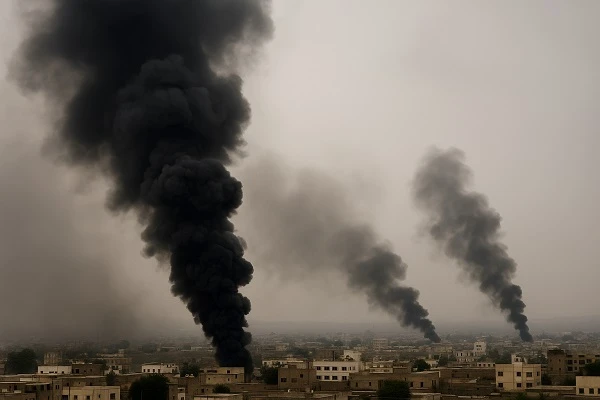Last Updated: November 8, 2025
ICC Issues Arrest Warrant for Netanyahu: What It Really Means
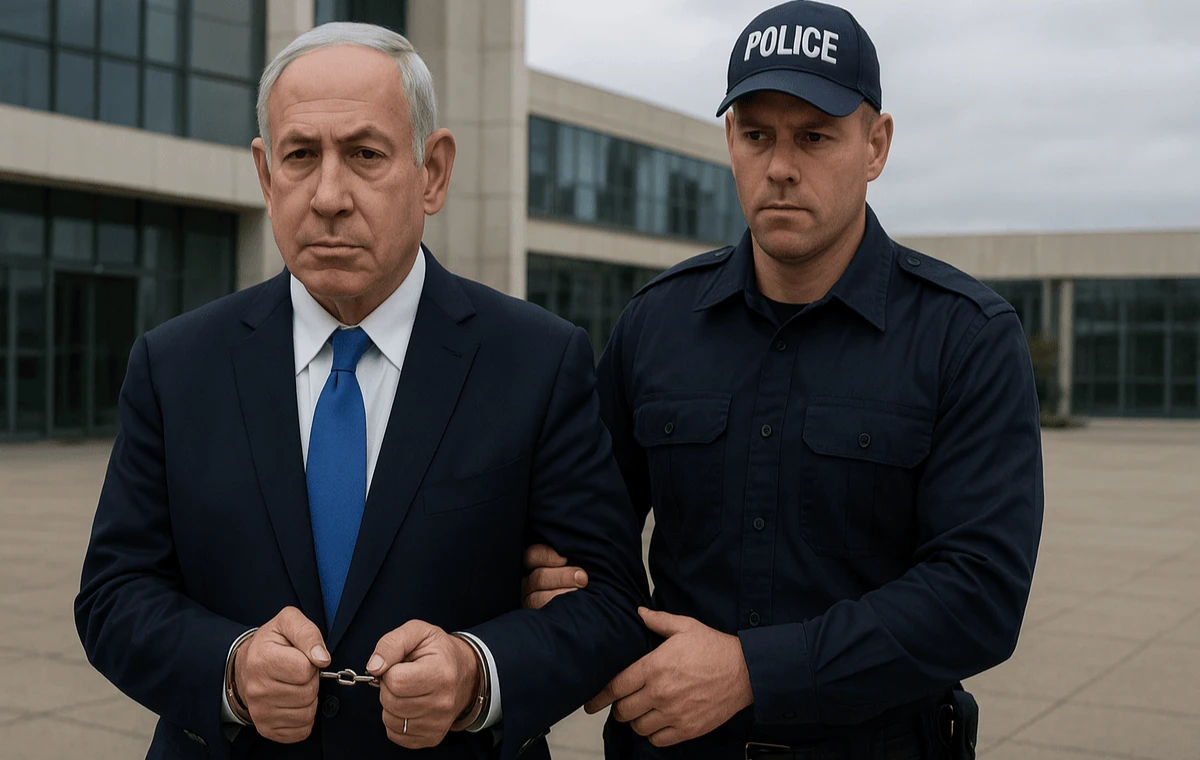
In a historic and politically charged move, the International Criminal Court (ICC) has issued an arrest warrant for Israeli Prime Minister Benjamin Netanyahu over alleged war crimes and crimes against humanity committed in Gaza. The announcement has sent shockwaves across the global political landscape, raising serious questions about accountability, justice, and international law.
Background: What Triggered the ICC’s Decision?
The ICC’s Chief Prosecutor, Karim Khan, formally requested arrest warrants for Netanyahu and several Israeli military officials, citing evidence of war crimes during Israel’s ongoing military operations in Gaza. These charges include deliberate targeting of civilians, use of starvation as a weapon of war, and disproportionate military response.
According to the prosecutor’s office, more than 35,000 Palestinians have been killed since the conflict escalated in late 2023, with a majority being women and children. The ICC claims these acts may constitute violations of the Rome Statute—the treaty that established the ICC in 2002.
What Power Does the ICC Really Have?
The International Criminal Court is based in The Hague, Netherlands, and serves as the world’s permanent tribunal for investigating and prosecuting individuals accused of genocide, war crimes, and crimes against humanity. However, the ICC’s powers are not absolute. It relies entirely on cooperation from its 124 member states to enforce arrest warrants.
This means that if Netanyahu travels to a country that is a member of the ICC—like the UK, France, or Germany—those countries are legally obligated to detain him. However, the ICC has no police force of its own and cannot enter non-member states to make an arrest. Israel, like the United States, is not a member of the ICC and therefore is not bound to comply with its decisions.
Can the ICC Really Arrest Netanyahu?
In practice, it’s complicated. The ICC can issue warrants, but only member states can execute them. As long as Netanyahu remains within Israeli territory—or travels to allied nations that refuse to cooperate with the ICC—he remains safe from physical arrest.
Historically, several leaders have faced ICC warrants but avoided capture for years. For example, Sudan’s Omar al-Bashir was indicted in 2009 but continued to rule for a decade until being ousted by his own military. This shows that while the ICC’s move carries symbolic weight, its real-world impact depends on international political will.
How Has Israel Responded?
Israel has rejected the ICC’s authority, calling the decision “politically motivated” and “morally outrageous.” Prime Minister Netanyahu labeled it an attack on Israel’s right to defend itself against Hamas, while the Israeli government accused the ICC of ignoring the atrocities committed by Palestinian militants.
Israeli officials have stated that they will not recognize or comply with any order from the ICC. This position effectively shields Israeli leaders from arrest as long as they remain within friendly or neutral territories. The U.S. government has also criticized the ICC’s move, warning that it could undermine diplomatic efforts for peace.
What Happens Next?
The ICC’s pre-trial chamber must now review the prosecutor’s evidence and decide whether to formally confirm the arrest warrants. If confirmed, the warrants will be sent to all ICC member states, requiring them to arrest Netanyahu if he enters their territory.
However, even with confirmed warrants, political enforcement is uncertain. Many nations may hesitate to act against a sitting prime minister due to diplomatic and economic interests. This leaves the ICC in a delicate position: it has made a bold legal move, but without cooperation, its effectiveness is limited.
Can Israel Simply Ignore the ICC?
Yes — at least for now. Because Israel is not a signatory to the Rome Statute, it does not legally recognize the ICC’s jurisdiction. This means Israel can continue its military actions without facing direct intervention from the court. However, the arrest warrant poses a significant diplomatic risk. It restricts Netanyahu’s international travel and places pressure on Israel’s allies, especially in Europe, to distance themselves.
Over time, the ICC’s warrant could lead to economic and diplomatic isolation for Israel, similar to what Russia faced after international sanctions and legal actions. Even if arrests never happen, the stigma of being an indicted leader can severely affect Israel’s global standing.
Could More Similar Warrants Follow?
Possibly. The ICC’s move against Netanyahu opens the door for future cases against other Israeli officials or military commanders. The prosecutor has hinted that investigations are ongoing and that additional indictments could follow based on new evidence or witness testimony.
Likewise, there is also discussion about investigating leaders of Hamas for crimes such as hostage-taking and indiscriminate rocket fire into Israeli cities. The ICC is trying to signal that no side is above international law, but critics argue that enforcement remains politically selective.
Global Reactions
The ICC’s decision has divided the world. European nations have cautiously supported the process, emphasizing the need for accountability, while the United States has strongly opposed it. Arab nations and human rights organizations have praised the move, calling it a step toward justice for Palestinian civilians.
The broader question now is whether global powers will allow international law to function independently, or if politics will once again override justice.
Conclusion
The ICC’s arrest warrant against Benjamin Netanyahu is one of the most significant legal actions in modern international politics. While it demonstrates a growing demand for accountability, it also exposes the limitations of global justice systems that depend on political cooperation. Whether or not Netanyahu ever faces trial, the case has already reshaped international debate on Israel, Gaza, and the reach of the International Criminal Court.
FAQs
1. Can the ICC actually arrest Netanyahu?
No, the ICC cannot arrest anyone directly. It depends on member countries to detain suspects if they enter their territory.
2. Is Israel a member of the ICC?
No, Israel is not a member of the International Criminal Court and does not recognize its jurisdiction.
3. What crimes is Netanyahu accused of?
The ICC prosecutor has accused him of war crimes and crimes against humanity, including targeting civilians and blocking humanitarian aid in Gaza.
4. What happens if Netanyahu travels to Europe?
If he visits an ICC member country, that nation is legally obligated to arrest him—though in practice, this may not happen due to political considerations.
5. Could the ICC issue more warrants against other Israeli officials?
Yes. The prosecutor has stated that more investigations are underway and that additional arrest warrants could be issued in the future.
6. How has the world reacted to the ICC’s warrant?
Reactions are mixed: Arab and human rights groups welcomed it, while the U.S. and Israel condemned it as unfair and politically motivated.
You May Also Like:
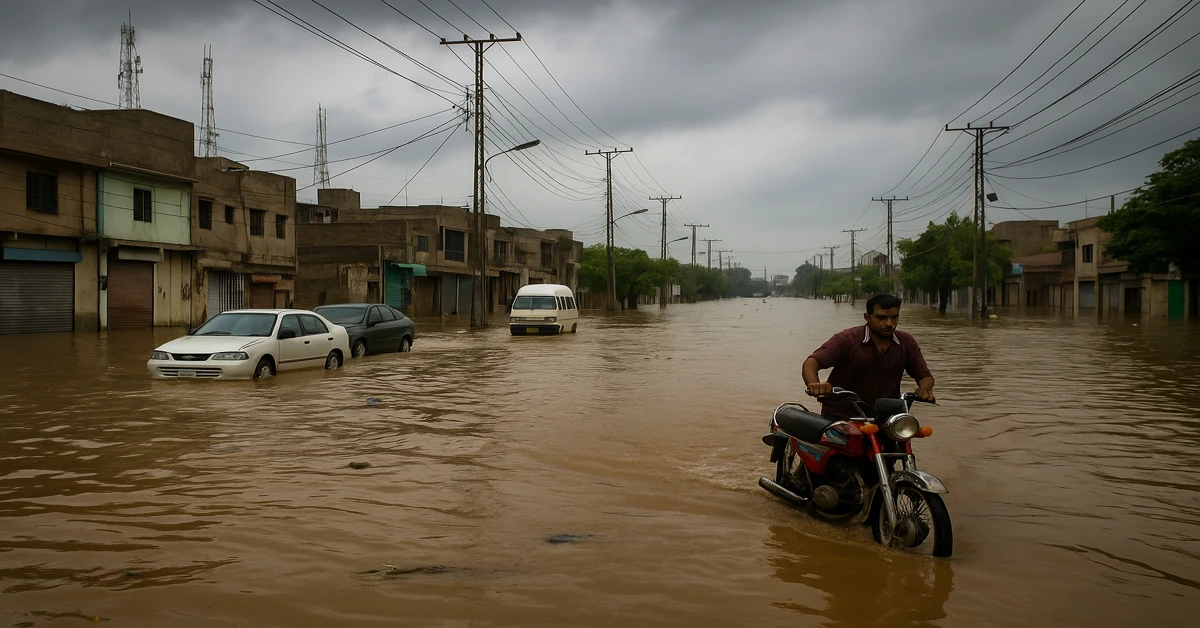
PMD Issues New Flood Alert in Pakistan from July 19 to July 25: Latest Updates & Death Toll...
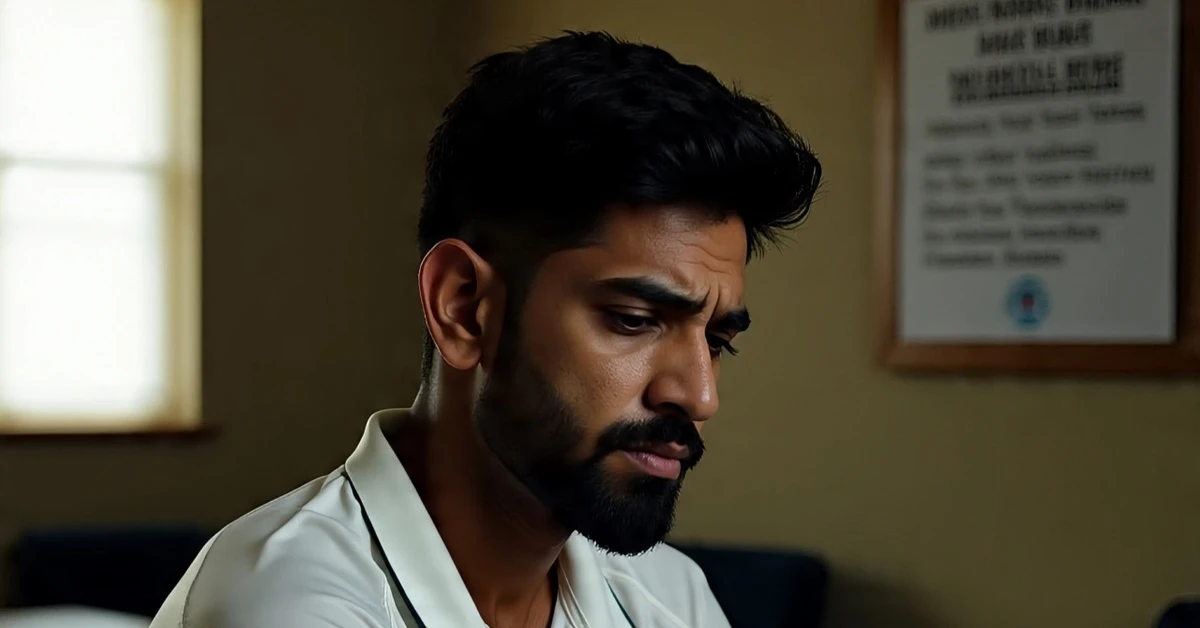
Haris Rauf Banned for Two Matches After Asia Cup Clash — ICC Takes Strict Action...
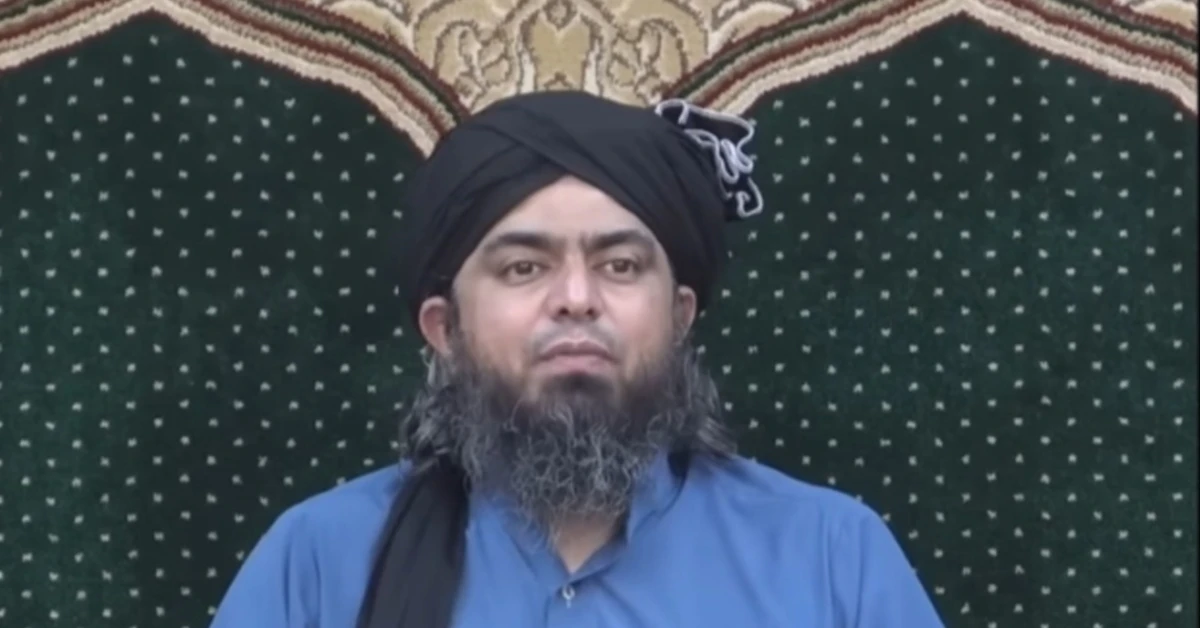
Engineer Muhammad Ali Mirza Arrested Under 295-C — Arrest, Charges, Transfer and LHC Bail Explaine...
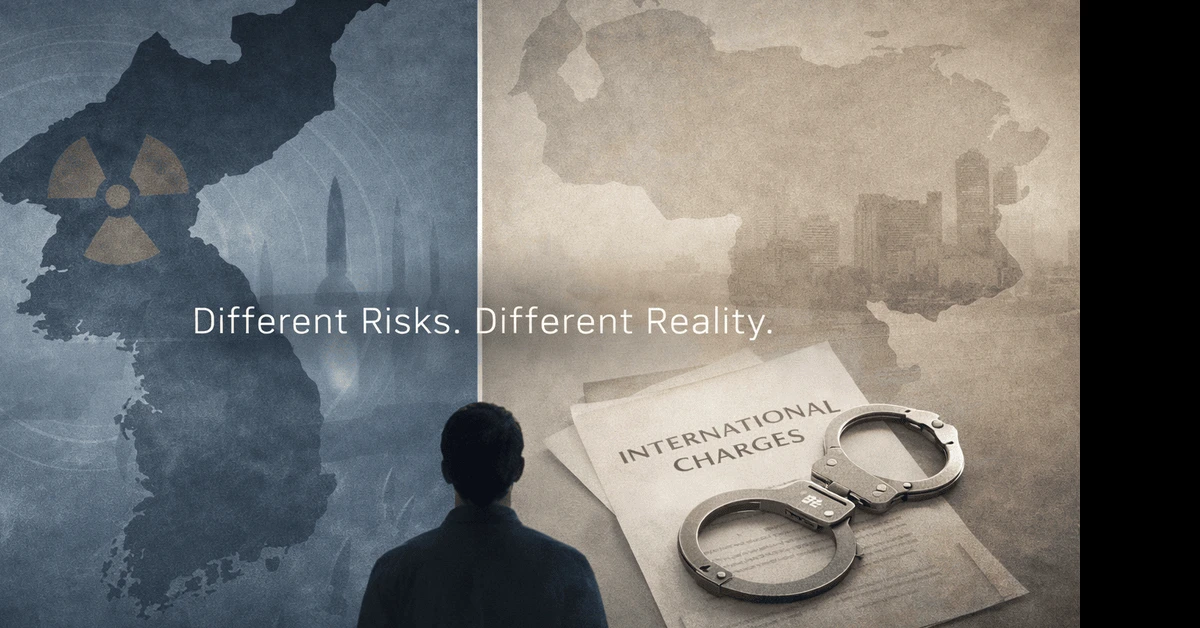
Why the U.S. Can Arrest Venezuela’s Leader but Cannot Touch North Korea’s Ruler...

Shahid Khaqan Abbasi Suffers Heart Attack: What We Know, What It Means and What Comes Next...
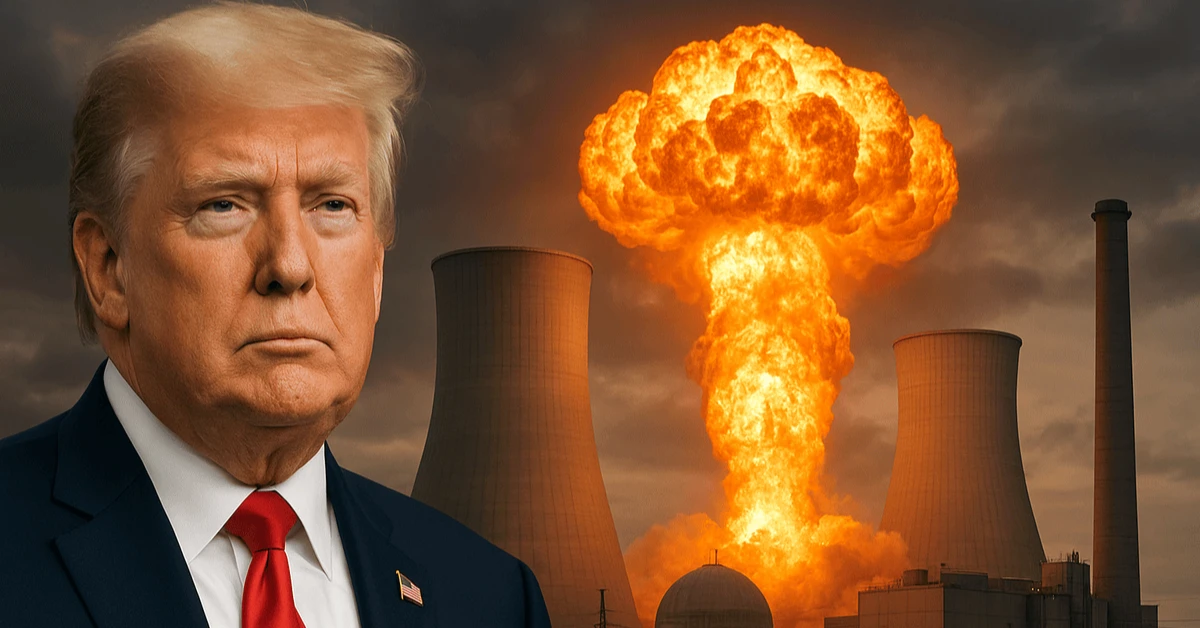
Trump’s Nuclear Allegations: China, Russia, Pakistan & What It Means...
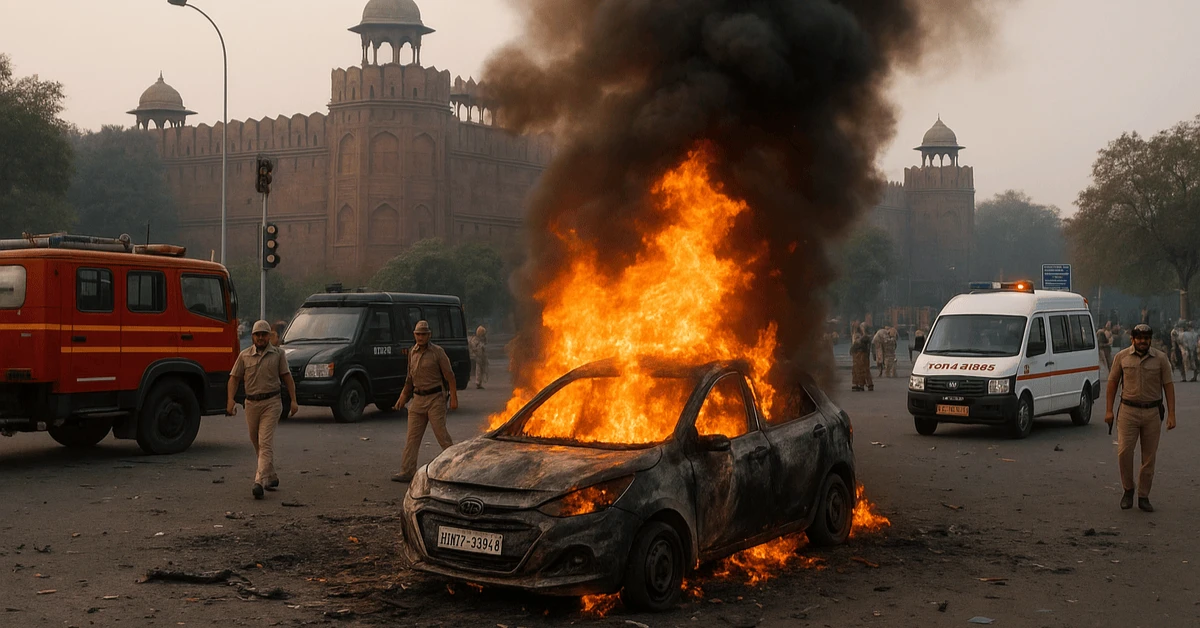
Car Explosion Near Red Fort, New Delhi: What Happened and What It Means...
